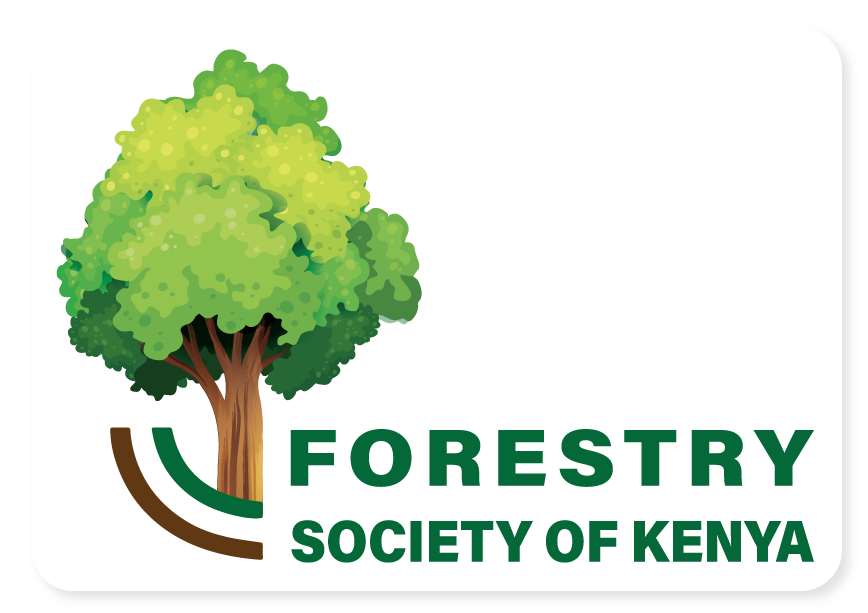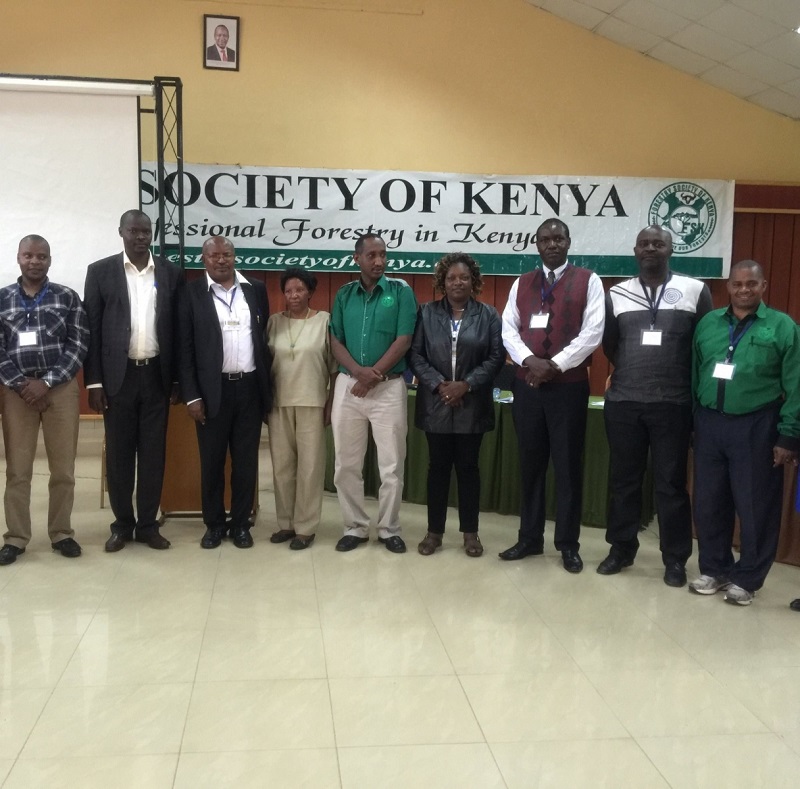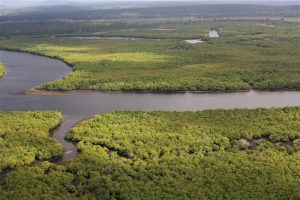Preamble statement
Forestry Society of Kenya (FSK) is a membership organization of professional foresters in Kenya. It is an autonomous, non-profit organization registered in 1979 to provide a forum for professional foresters to contribute to national development and environmental conservation issues. The comments therein captured in this document were obtained through a consultative process engaging the society membership drawn from various public and private sector institutions, and organizations, including; Government ministries, National Government agencies responsible for the management of forests, water, wildlife, and other natural and environmental resources, County Governments, forestry research institutions, universities and other academic institutions, local and international civil society organizations, wood-based industries, and forest producers organizations.
For decades, there has been a mix up in promulgation and relatedness of forest policy and forest legislation. Policy should provide long-term (10 years plus) direction for forest sector development while legislation document should provide specific legal framework for implementing the policy. The common practice is that legislation can be changed more frequently in adapting to changing implementation circumstances while the country pursues the same policy over a longer period. For example, the document under review mentions the forest policy of 1968 which underpinned the role of forests in national development and which proved satisfactory for over three decades.
Regrettably, Kenya has not been consistent and logical in the way our forest policies and legislations have evolved. For example, there was aborted Forest Policy in Sessional Paper No. 9 of 2007 which had been hurriedly drafted to provide the needed policy base for the Forest Act 2005. The government did not adopt the background policy paper but enacted the legislation all the same. Thus, we passed a law without a policy basis. There was then a SEA for the 2005 Forest Act which the document under review does not adequately address. There was an important planning framework, the National Forest Programme 2016 – 2030, which is also not adequately addressed.
There was Forest Policy 2014 which was apparently not adopted but which is very similar in contents to the document under review. Then came the Forest Management and Conservation Act 2016 which faced a similar challenge of inadequate consultations. The draft policy document under discussion is apparently being polished for government adoption after the 2016 Act. We risk repeating the muddle of 2005. But of even greater concern is the statement in this draft policy document that the 2016 Act should be changed. The documents are being reviewed without capturing the concerns and aspirations which is a global practice. This will lead to the country likely developing expert-led policy and legislative documents which are out of touch with reality.
FORESTRY PROFESSIONAL (FSK) COMMENTS – DRAFT NATIONAL FOREST POLICY 2020





